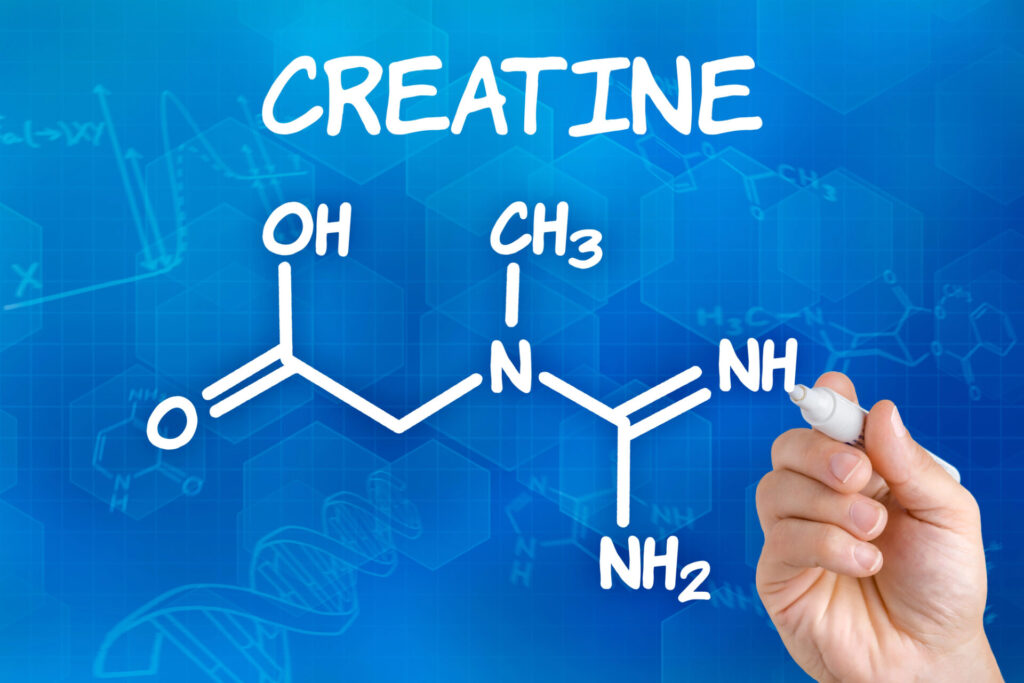The results of a 12-week randomized and double-blind clinical trial, which reported on the effects of resistance exercise in combination with hydrolyzed collagen on tendon health, were recently published in the European Journal of Sport Science. All participants in this small study (only 24 middle-aged recreationally active men) had 2 sessions of high-intensity resistance training per week throughout the 12 weeks, and also received either a maltodextrin placebo or 30g hydrolyzed collagen on their training days only. All participants also received 50mg of vitamin C on training days.
The men enrolled in the study were recreationally active (i.e., > 120 min moderate activity per week), but were not previously engaged in resistance training. The training was supervised and included barbell back and dumbbell goblet squats, dumbbell Romanian deadlifts, and trap‐bar deadlifts. A variety of muscle and tendon assessments were included, using B‐mode ultrasonography to evaluate patellar tendon morphology and cross-sectional area, as well as isokinetic dynamometry to evaluate muscle strength and function.
Men receiving collagen after training sessions were found to have larger increases in patellar tendon stiffness, cross-sectional area, and Young’s modulus (indicative of a greater ability to resist deformation when stressed) compared to men receiving placebo. This suggests that the tendon changes reflect both greater strength and mass, and potentially greater resistance to injury, rather than just an increase in stiffness. Per the authors of the study, this is the first to evaluate the combined effects of resistance training and nutritional interventions on tendon dynamics in middle-aged (versus young) men, though they do cite a study that found collagen supplementation may be necessary to overcome anabolic resistance in middle-aged men. There were several limitations to the study, including the lack of women enrolled and potentially poor choice of a placebo, preventing a more broad generalization of the findings.






